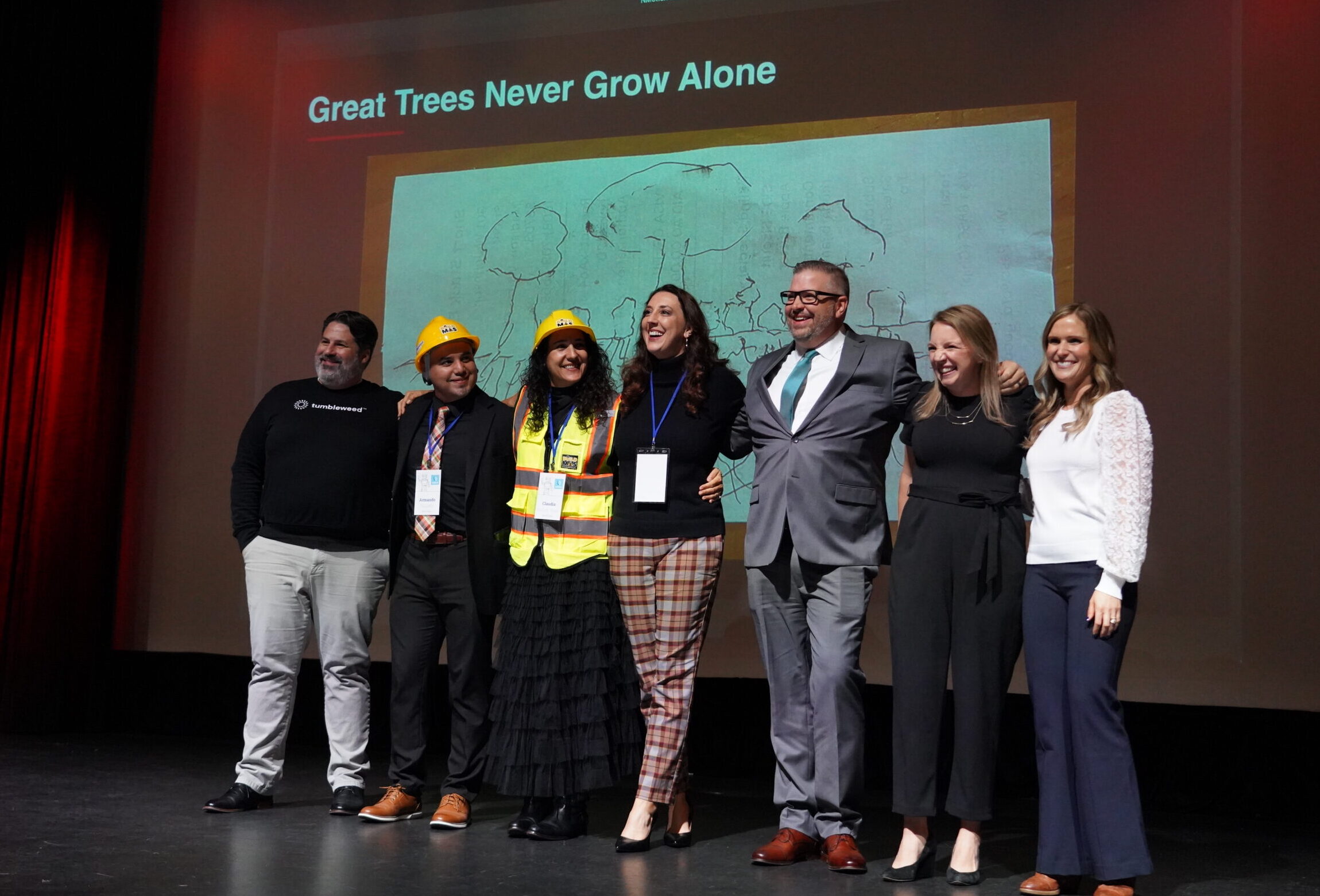
After publishing a blog post (top) detailing its struggles with Google, Hatchlings received attention from bloggers, journalists and tech notables, alike.
Note: This post is a follow up to our original story, “Hatchlings takes its troubles with Google to the web“.
Update 6 p.m. – Added statement from Google (see below).
After nearly a year of unreturned phone calls and emails from its Google AdSense account manager, it took a tell-all blog post and an appearance on the front page of Hacker News for Des Moines startup Hatchlings to get Google on the phone.
 “The (Google employee) who called me made a comment on the Hacker News post,” Hatchlings CEO Brad Dwyer (left) said in an interview on Monday, “and that was one of the things that really struck me about this whole ordeal.”
“The (Google employee) who called me made a comment on the Hacker News post,” Hatchlings CEO Brad Dwyer (left) said in an interview on Monday, “and that was one of the things that really struck me about this whole ordeal.”
Though Dwyer’s post on April 5 encouraged people to “share, tweet, and reblog,” he said he didn’t expect it to blow up like it did, getting the attention of tech blogs, The Economist and notable investor Paul Graham, among others. But from his business interests – understanding why his company’s AdSense account was shut down in 2011 resulting to an estimated loss of $40,000 – and his personal interests – warning others of dependence on platforms like AdSense – he hoped that would be the outcome.
However, Dwyer did not learn specifically why Hatchlings’ AdSense account was disabled. During phone calls with Google employees on April 7 and April 20, Dwyer was not told what Hatchlings did that led to the disabling of its AdSense account.
“They made it very clear before I even talked to them,” Dwyer said, “they told me to set expectations for the call that they really weren’t going to be able to tell me anything in regard to my specific case or tell me why I got banned or tell me what happened or what we think we did.”
Paraphrasing Google’s explanation, Dwyer said that Google fears the release of specific information could eventually help those who have malicious intent to take advantage of AdSense. This lines up with the policy a Google spokesperson pointed us to when we first reported this story, that Google is “unable to provide (its) publishers with any information about their account activity.”
Dwyer said he respects Google’s aim to protect advertisers and knows there are individuals and groups who will try to sabotage publishers or advertisers using AdSense. But he said he can promise Google that Hatchlings took part in no such thing. Instead, he speculates that Hatchlings fell victim to invalid ad traffic at some point.
“That’s what I would suspect has happened, was that there was 5 or 10 percent that was not real traffic under their definition,” Dwyer said, reiterating that it’s speculation. “But it sucks that their only response to some small signal like that, especially on a site where we made a quarter of a million dollars in AdSense in 2010, is that they just kick us off the network.”
Going forward, there may be hope for Hatchlings, Dwyer and the dozen or so other people that chimed in on the Hacker News post claiming to be in a similar situation.
“They weren’t ready to talk about specifics, but they kind of expressed a little bit of sympathy and we had a pretty lengthy conversation,” Dwyer said. “I think in talking to me they understood that we’re not black hat SEO people, we’re not trying to scam anybody out of money, we’re just trying to figure out what happened.”
“I think in talking to me they understood that we’re not black hat SEO people, we’re not trying to scam anybody out of money, we’re just trying to figure out what happened.” – Dwyer
Dwyer added: “They said that they’re continually working on their algorithms and that my case in particular might be one – they couldn’t make any promises – but it might be one in particular that they re-visit later when they have different tools to instead of just taking out, work with people to change.”
But if the change comes to Google and an invite is extended, Dwyer said he likely wouldn’t jump at the opportunity. Instead, he’s committed to a revenue model that doesn’t involve the kind of display advertising that AdSense serves.
“At this point, I’m not sure I want to work with them, it’s kind of left a sour taste in my mouth,” Dwyer said.
Google told Dwyer they’d be in touch later this year if they were able to work with Hatchlings again.
We reached out to Google for comment on its response to Dwyer. (Update: received response at 6 p.m.) A Google spokesperson replied: “Unfortunately, there was a breakdown in communications about this case. Once we became aware of this, someone from our ad traffic quality team reached out directly to the publisher to discuss the reasons why this account was disabled and listen to his feedback on the process.”
For more on this story, see the blog post Hatchlings published today: “Followup Re: Google“
Credits: Top graphic screenshots from hatchlings.com, hackerne.ws, economist.com and businessinsider.com.



